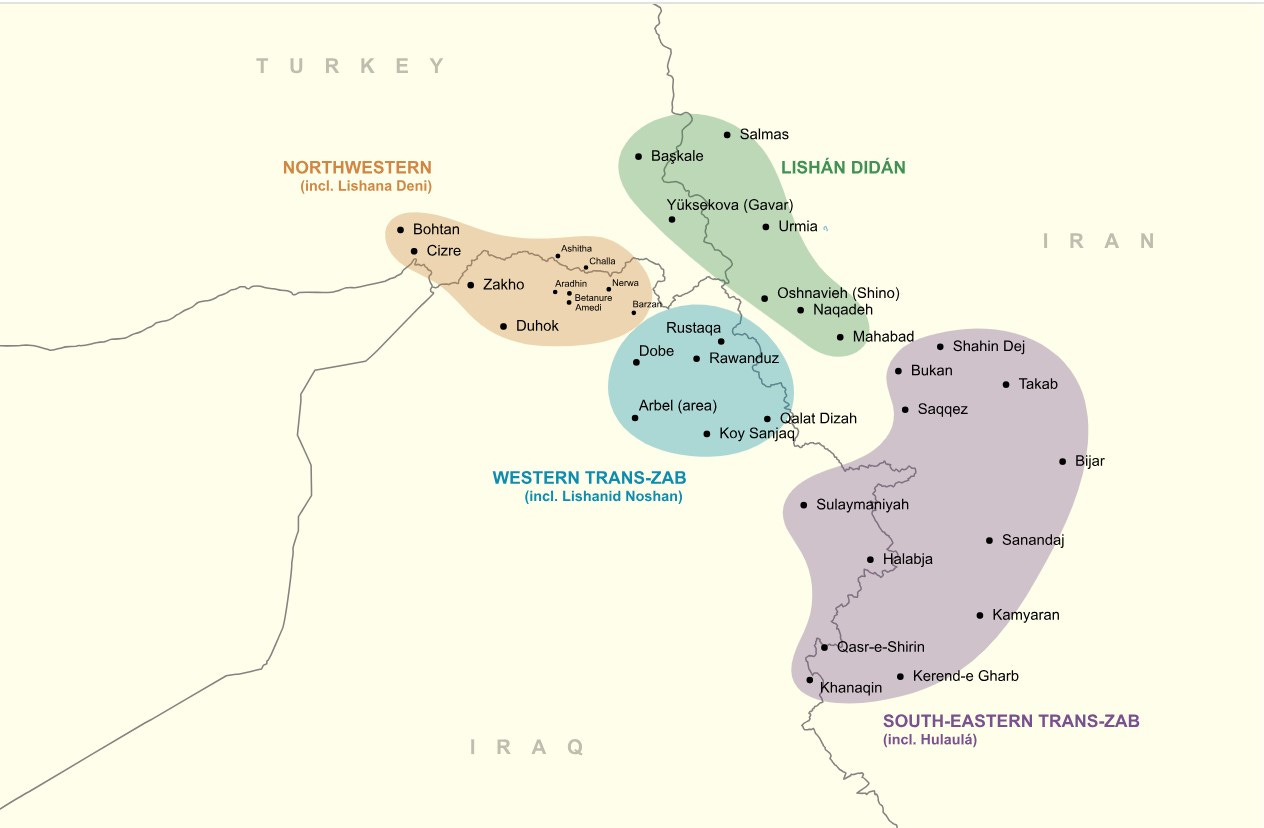How many Jewish languages do you think there are? Hebrew and Yiddish obviously, and Ladino, though not everyone has heard of it. But they are far from all. There are, according to scholars in the field, over 30 different Jewish languages and while most are in danger of disappearing, new ones appear from time to time.
Of course, much depends on what one means by a language. Academics have a different view from most of us. Speakers of Jewish English, for example, might not consider that the way they speak is any different from the language spoken by their non-Jewish friends and neighbours. But according to the Jewish Languages Project “The difference between general English and Jewish English can be as small as the addition of just a few Hebrew or Yiddish words (e.g., Hannukah, matzah ball, shlep), or it can be as large as multiple influences from Yiddish in syntax, lexicon, phonology, discourse, and prosody.” And if Jewish English is a language then, just like English itself, it can presumably be subdivided into American Jewish English, British Jewish English and so on. The word shanda for example, is used in American Jewish English but I have never heard it used in Britain.
Leaving aside the technical question of whether peppering one’s speech with Yiddish or Hebrew words creates a different language, there are a dozen or more ancient Jewish tongues still spoken around the world. There is even a language that doesn’t use words. Generations of intermarriage in a small, isolated Jewish community in the Algerian Sahara led to many people being born with a hereditary deafness. The large proportion of those in the community who could not hear meant that everyone knew several people who were deaf. So they all knew how to use sign language. A unique system of signing evolved, enabling them to communicate in the local Jewish vernacular. There are no Jews left in Algeria today, but Algerian Jewish Sign Language is still used in a few, small circles in Israel today.

